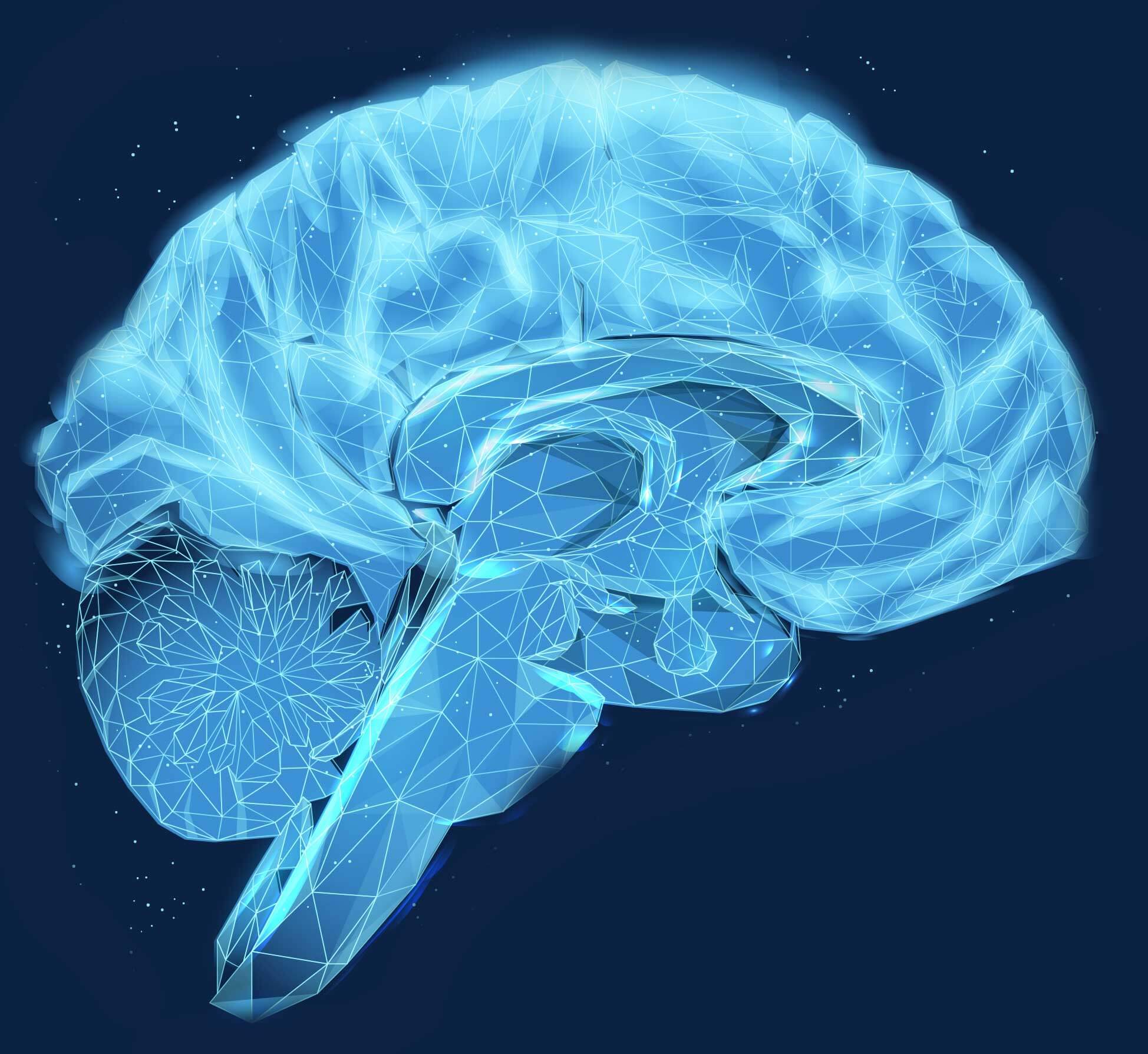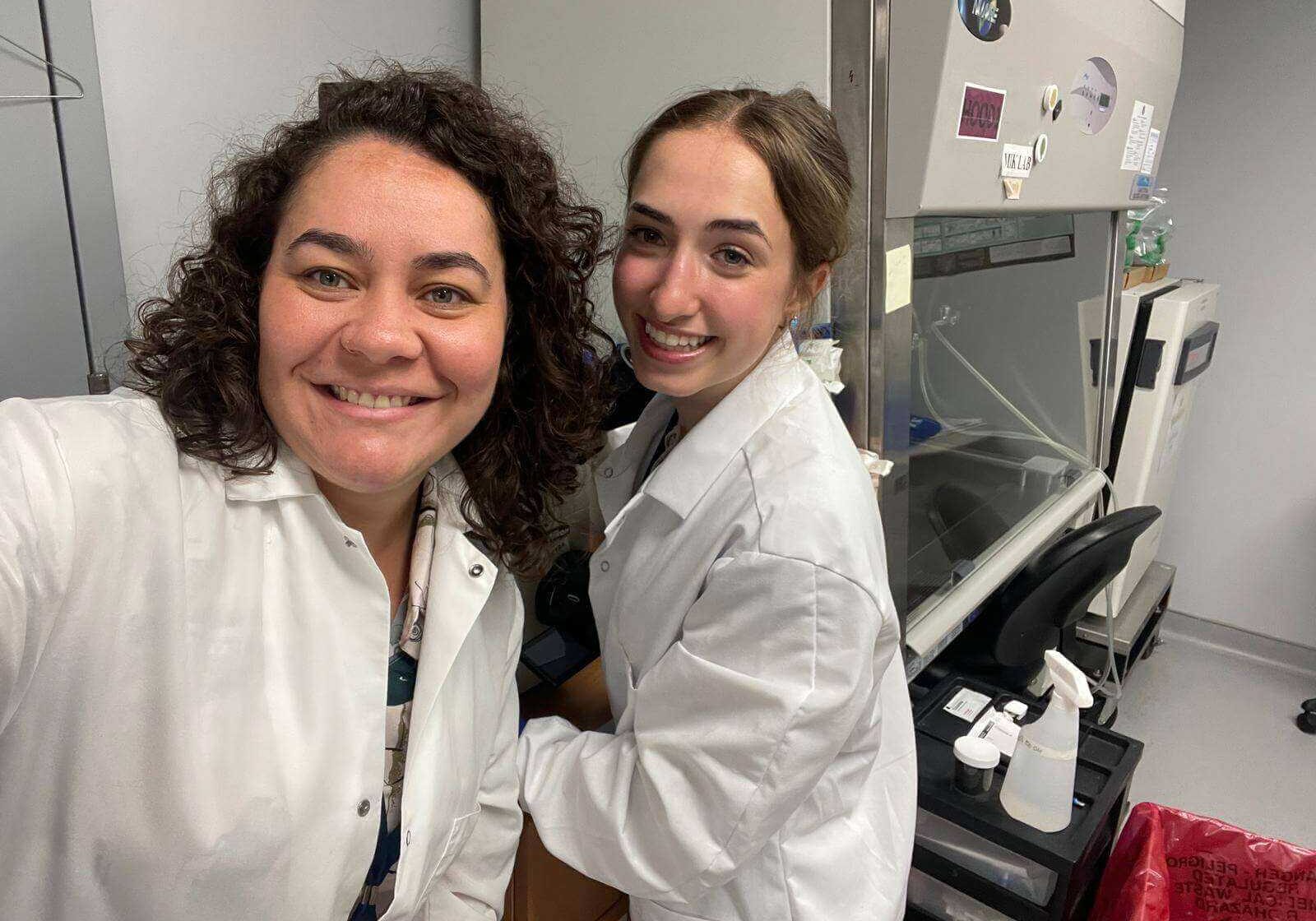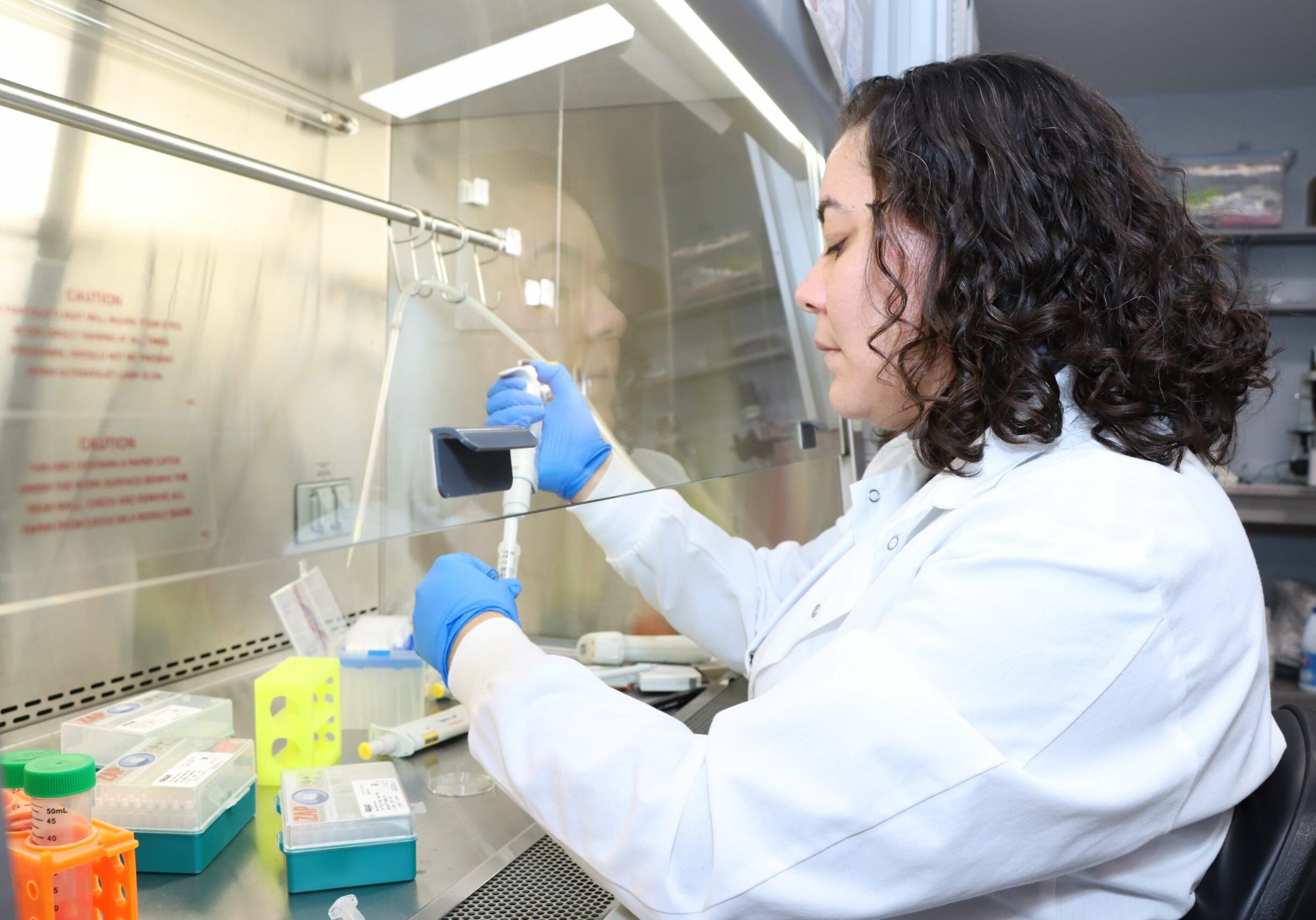Kessinger Lab
The Kessinger Lab is at the cutting edge of developing molecular imaging techniques aimed at identifying novel biomarkers for PTSD. These targeted biomarkers are designed to enhance the detection, diagnosis and treatment of PTSD, helping to address the condition’s complex symptoms more effectively.
Kontaridis Lab
The Kontaridis Lab is dedicated to advancing our understanding of the genetic causes of autism by evaluating the genetic sequences of family members with generational cases of autism. Her lab is also working to identify a link between onset of congenital heart diseases and autism. Finally, the lab is working to assess the phenotype:genotype correlations of autism in the Upstate NY area. In partnership with several autism foundations, her lab is working to identify a link between genetic, environmental and socioeconomic determinants to the development of autism.
McCarthy Lab
The McCarthy Lab employs innovative molecular imaging and precision-targeted drug delivery methods to explore Alzheimer’s disease. By focusing on these advanced techniques, Dr. McCarthy seeks to improve the understanding and treatment of the neurodegenerative processes underlying Alzheimer’s, paving the way for more effective therapies.









